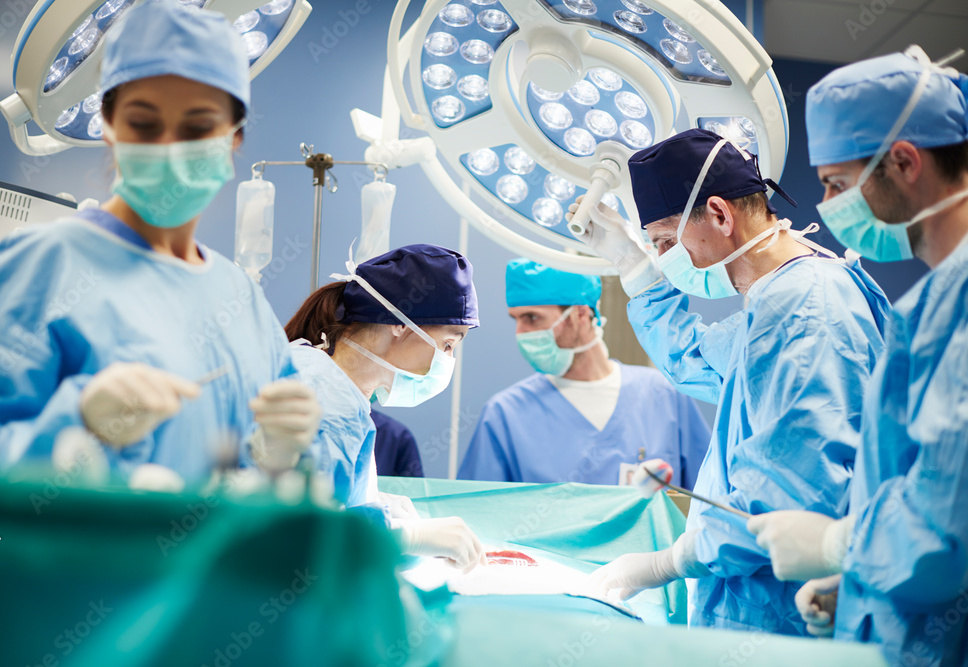By Natania Arora
The UK carried out its first successful double lung transplant using the ‘lungs in a box’ technology.
In the past, organs that were removed to be transplanted were viable for around five to ten hours, however, now the ‘lungs in a box’ technology could significantly increase the efficiency and the rate of transplant success by up to thirty per cent.
The ‘lungs in a box technology’ is also known as the Organ Care System, or OCS, and is a form of ex-vivo lung perfusion (EVLP). This is when donated lungs that may not meet the requirements for organ transplant are tested and can be “reconditioned and used instead of being discarded”, as stated by the BBC. This technology is able to mimic the human body, as it is able to circulate oxygen, as well as liquids containing nutrients through the lungs, to maintain the functionality of the organs during transport. Moreover, it is able to keep the organs at room temperature for up to six hours and allow them to inflate and deflate. This technology is also less likely to cause tissue damage, unlike the widely used method of storing the lungs on ice.
In July 2024, Daniel Evans-Smith became the first NHS recipient of a double-lung transplant using the EVLP system at the Royal Papworth Hospital NHS Foundation Trust in Cambridge. He had developed chronic obstructive pulmonary disease (COPD) and is defined by the Mayo Clinic as an “ongoing lung condition caused by damage to the lungs…result[ing] in swelling and irritation…inside the airways that limit airflow into and out of the lungs.” This had led to him experiencing a lung collapse five times between 2023 and 2024. He received organs that were classed as ‘borderline-usable’ and his operation was successful. He is now able to walk 7,000 steps a day and go up and down hills.
EVLP is a technique used commonly in Europe and the US, but has not been the general practice in the UK. However, since Evans-Smith’s successful transplant, surgeons have carried out transplants on three more patients using this system.
At the moment, only around five percent of the lungs that are donated for transplantation in the UK are considered suitable to be used. This new technology could significantly improve the chances of patients receiving organs, and could change the future of transplant medicine and save countless lives.
